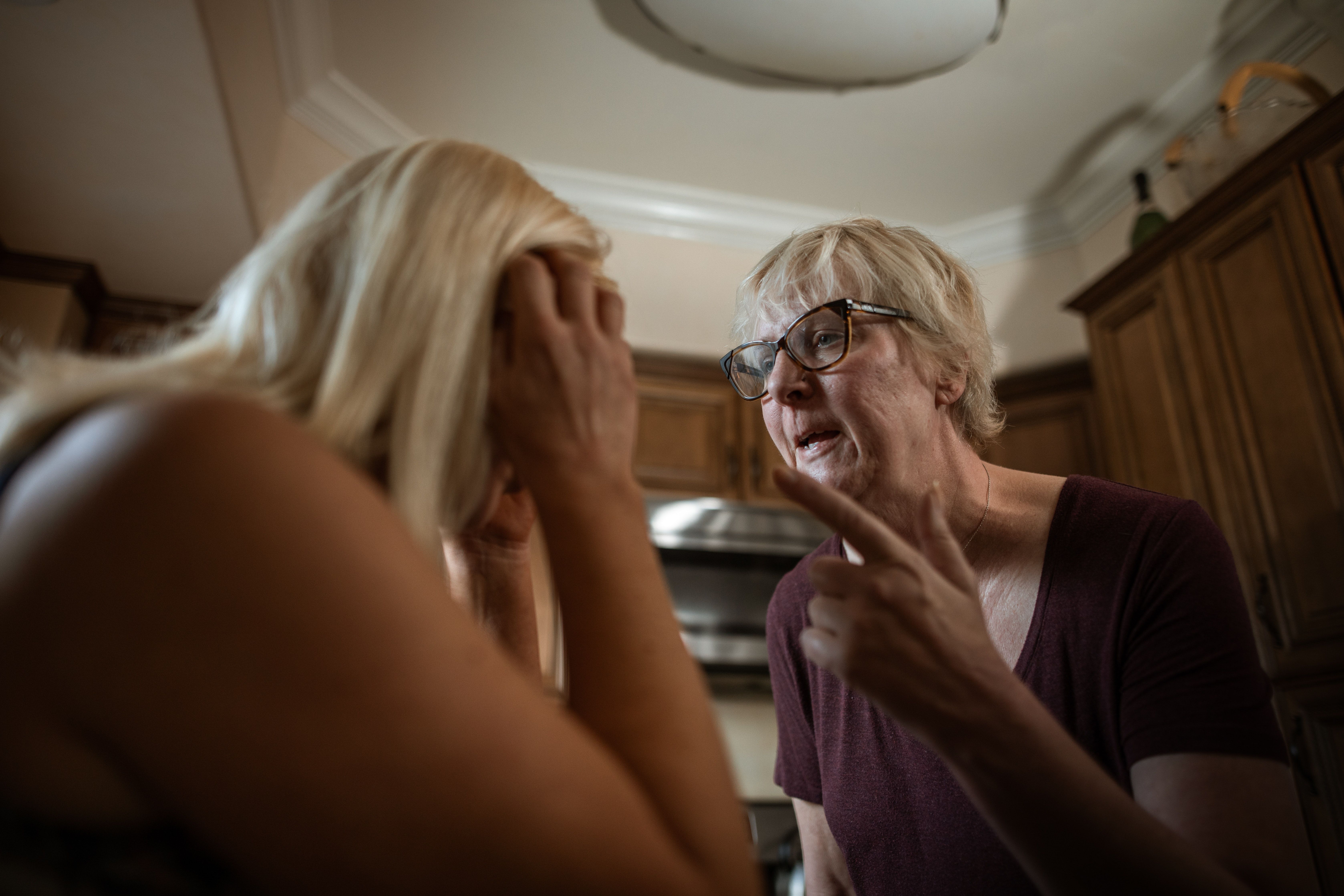How to Spot Neglect in Senior Citizens
Elder abuse and neglect sadly are not uncommon in the United States. Roughly 1 in every 10 Americans over the age of 60 has experienced some form of elder abuse or neglect. Sometimes it’s an assisted living facility or nursing home responsible for the mistreatment. Other times, it might be a family member living with the senior citizen carrying out the cruelty.
Regardless of who is responsible for abusing or neglecting a senior citizen, the signs and symptoms that can alert you to a problem are the same. Learning how to spot them, and knowing where to report an issue, can save a senior citizen’s life.
What is elder abuse and neglect?
Elder abuse includes emotional, physical, and sexual harm inflicted on an older adult. It also can involve financial exploitation. Abuse happens where senior citizens live, whether that’s at home with a relative or in an aging care facility run by the state or a private entity.
Neglect happens when the individual charged with an elderly person’s care fails to carry it out. It includes not assisting with daily living tasks like bathing and meals. When a caregiver neglects a senior, it can impact the senior citizen’s health and well-being.

What are signs of neglect in the elderly?
It can be difficult to spot the early warning signs of neglect in the elderly if you’re not close to the victim. However, neglect tends to manifest itself in the same ways in most older Americans. Once you know the signs, you can spot them in anyone.
If an elderly person’s appearance is unkempt – hair not combed, clothes looking disheveled or unclean – it can be a sign that they’re not receiving proper care in their living environment. Body odor can be another indication of neglect.
When the neglect includes failing to provide adequate nutrition, the elderly person may struggle with maintaining weight and become frail and uncoordinated.
What are signs of physical abuse in the elderly?
Most people think that physical abuse in the elderly is easy to spot, but that’s not always the case. Visible bruises and other injuries can be an indication that someone is physically assaulting an elderly person in their care. However, sometimes abusers go to great lengths to inflict damage in places not easily visible to others.
Other signs of physical abuse in the elderly can include:
- Emotional changes (becomes more withdrawn).
- Frequent trips to the emergency room or other healthcare facilities.
- Hair or tooth loss.
- Improperly-healing wounds.
If you suspect elder abuse – even in someone you don’t know that well – it’s important to report your suspicions immediately. You can learn more about how and where to report in the section below.

What are signs of emotional trauma in seniors?
Not all abuse reveals itself through physical scars and signs. Verbal abuse can include intentionally inflicting emotional anguish, distress, or pain on another person. Oftentimes, this kind of abuse includes harassment, humiliation, intimidation, and threats.
Sometimes when an older person is abused or neglected in this way, it causes deep emotional trauma that causes a specific set of behaviors in the abused person. Warning signs of emotional trauma include:
- Agitation.
- Avoiding eye contact with abuser.
- Increasing depression.
- Nervousness around abuser.
- Reluctance to talk openly.
- Sudden changes in eating or sleeping habits.
- Withdrawal from others.
If you suspect a senior citizen has suffered emotional trauma, it’s important to report your suspicions immediately. You can learn more about how and where to report in the next section.
Who do you call to report suspected elder abuse?
The New Mexico Aging and Long-Term Services department handles reports of suspected elder abuse in the state. You can call the Adult Protective Services Statewide Intake toll-free number at 866-654-3219 to speak with a member of the team who can document your concerns and open an investigation.
Any time you believe an elderly person is in immediate, life-threatening danger from an abuser, call 911. A police officer can be dispatched to the scene and take appropriate action.
How do you help abused or neglected senior citizens?
If you have a personal relationship with an elderly person who you suspect is being abused or neglected, you can report the abuse to the correct authorities. Additionally, you can encourage the senior citizen to seek assistance from a New Mexico attorney skilled in elder abuse and neglect cases.
Working with a lawyer can ensure the abused or neglected person receives adequate compensation for their injuries and emotional trauma, especially if they were inflicted by an assisted living facility or nursing home.


